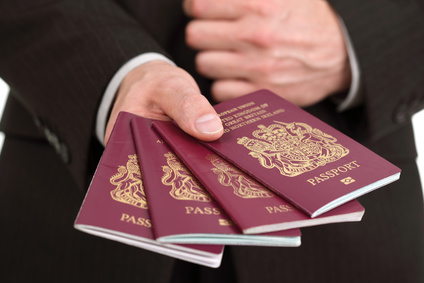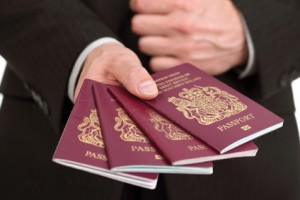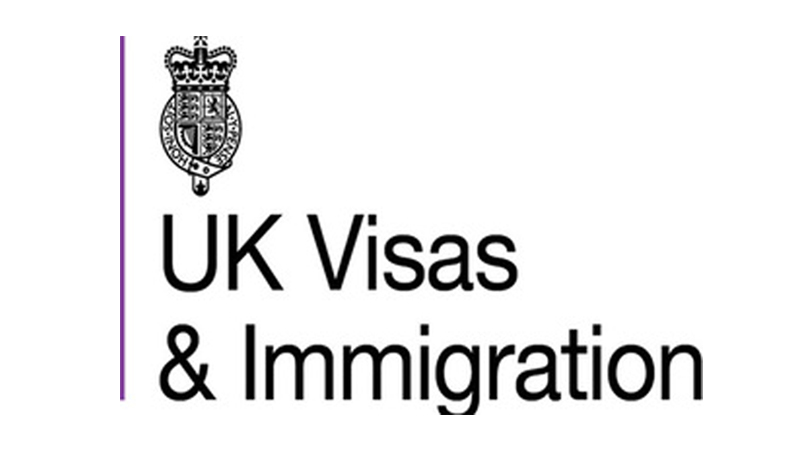 It’s not often we say it, but we’ve just had a thoroughly good experience with the Home Office and are most impressed with their helpfulness and efficiency! So it’s only fair to give praise when it’s due.
It’s not often we say it, but we’ve just had a thoroughly good experience with the Home Office and are most impressed with their helpfulness and efficiency! So it’s only fair to give praise when it’s due.
Briefly, we were acting for a client who came to us after having her Tier 2 application refused for various fairly technical reasons. We lodged an appeal to keep her legal, and able to work, while things were sorted, and meanwhile we advised her potential employers on what they needed to do to get a new Certificate of Sponsorship (CoS) and, once they had done this, how to issue it correctly. Once they assigned the CoS to our client we lodged a new Tier 2 application for her.
Once the new CoS was issued and the application was ready to submit we had to withdraw the appeal, and she was no longer able to work, so it was vital that the application was dealt with as quickly as possible for the client and her employer. So, we made her application under the Tier 2 Priority Service, which costs an extra £300 but promises a decision within 10 working days.
And guess what – they delivered just what they promised!
We emailed the Priority Service people at 8:30AM on a Monday morning (they only have 60 places each day for the scheme and it’s first come first served), and got an email back in 2 hours confirming we could apply on the scheme. We received extremely prompt (and helpful) replies to a couple of emails with queries about submitting the application, and posted it the next day. And sure enough, exactly 10 working days later, we were notified that the application was successful. Result – one delighted client and employer, and all without the usual waiting, uncertainty and general stress that an immigration application typically involves.
So, well done to the Tier 2 Priority Service, and the rest of the Home Office please take note!

 From today all private landlords in England and Wales can only let their property to an adult who is legally in the UK. This, of course, turns private individuals into immigration officials, required to ask every potential tenant for their immigration documents. Renting a property to someone who isn’t legally in the UK carries a maximum fine of £3,000 – if the new Immigration Bill that is currently going through Parliament becomes law, it will carry a maximum sentence of 5 years in prison.
From today all private landlords in England and Wales can only let their property to an adult who is legally in the UK. This, of course, turns private individuals into immigration officials, required to ask every potential tenant for their immigration documents. Renting a property to someone who isn’t legally in the UK carries a maximum fine of £3,000 – if the new Immigration Bill that is currently going through Parliament becomes law, it will carry a maximum sentence of 5 years in prison.




 This week saw changes announced in both nationality law and the Immigration Rules.
This week saw changes announced in both nationality law and the Immigration Rules.


 06 April is a date that immigration lawyers look forward to with dread. It is the start of a new tax year, which is fine.
06 April is a date that immigration lawyers look forward to with dread. It is the start of a new tax year, which is fine. 









